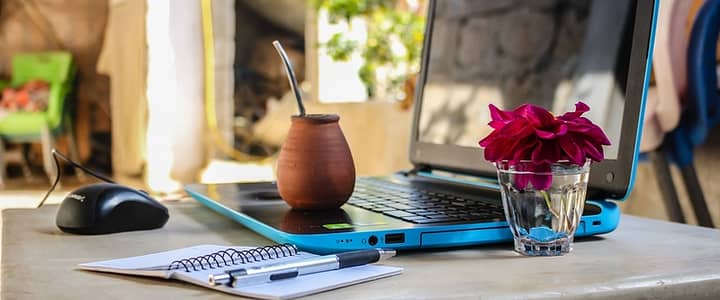Are you a digital nomad or would like to become one? Whether you’re just new to this world or have been working remotely for some time already, in this guide you’ll find dozens of tips and resources to make the most of your life as a digital nomad. From websites to search for remote jobs to the best destinations for digital nomads, coworking directories and other useful links. Keep reading to learn more about this lifestyle!
Ultimate Guide to Becoming a Digital Nomad: from Where to Start to Useful Resources






